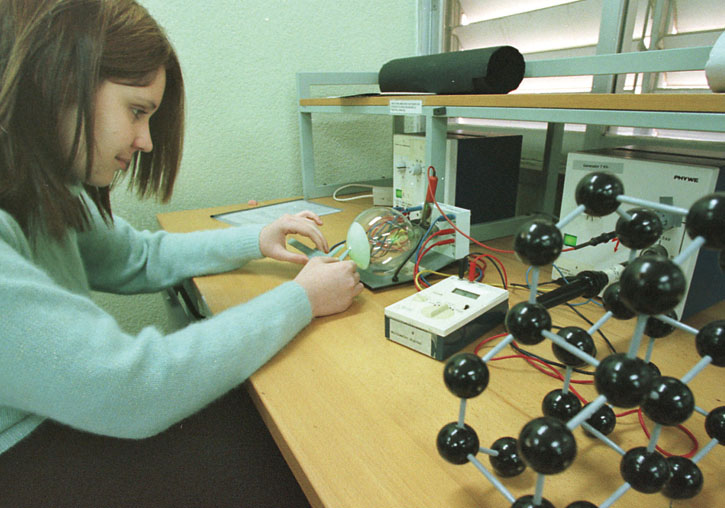The Xarxa Vives approves the ‘Declaració de Tarragona’ ("Bill of Tarragona"), about the gender bias in the recruitment and promotion of the university staff
- Press Office
- November 24th, 2020

The Principals of the General Council of the Xarxa Vives d'Universitats (in English, 'Vives Network'), who met on the 20th of November, analysed the data provided by the report ‘El biaix de gènere en el reclutament, la promoció i la retenció del personal a les universitats’ ("Gender bias in staff recruitment, promotion and retention at universities"), which proves the existing inequalities in the situation of women at university.
Among the conclusions of the report, it stands out that the choice of studies "reproduces gender stereotypes in STEM degrees", and that as the academic rank increases, the presence of women at university decreases. Thus, less than a third of the main researchers in research projects are women. On the other hand, just a third of the PhD theses are supervised by women.
The report confirms that the university governing bodies are masculinized and, in many cases, women hold positions with less decision-making power. It also states that the university administration and services staff is feminized group, but most high-ranking positions are held by men.
Faced with this situation, and following on from the Declaració de Castelló (in English, 'Bill of Castellón') signed on 26 November 2018 in order to reduce gender imbalances and inequalities at universities, the Council of Xarxa Vives has agreed to move towards an equal presence of women and men at the university bodies and to promote that this parity is respected whenever the members of the social councils of universities (in which it exists) and of other bodies linked to the university are renewed.
Actions were also taken and university policies were defined in order to amend the gender inequalities diagnosed at universities through their equality plan. Research areas focused on the connection that may exist between gender inequality and universities' quality were promoted as well.
The Council has decided to promote regulations that facilitate effective reconciliation and co-responsibility of university staff, as well as to promote measures to increase the participation of women in the supervision of research projects and doctoral theses, and to improve the processes of attracting, promoting and retaining female talent.
The report on gender bias can be consulted by clicking here.
More information:
File in: Igualtat
















